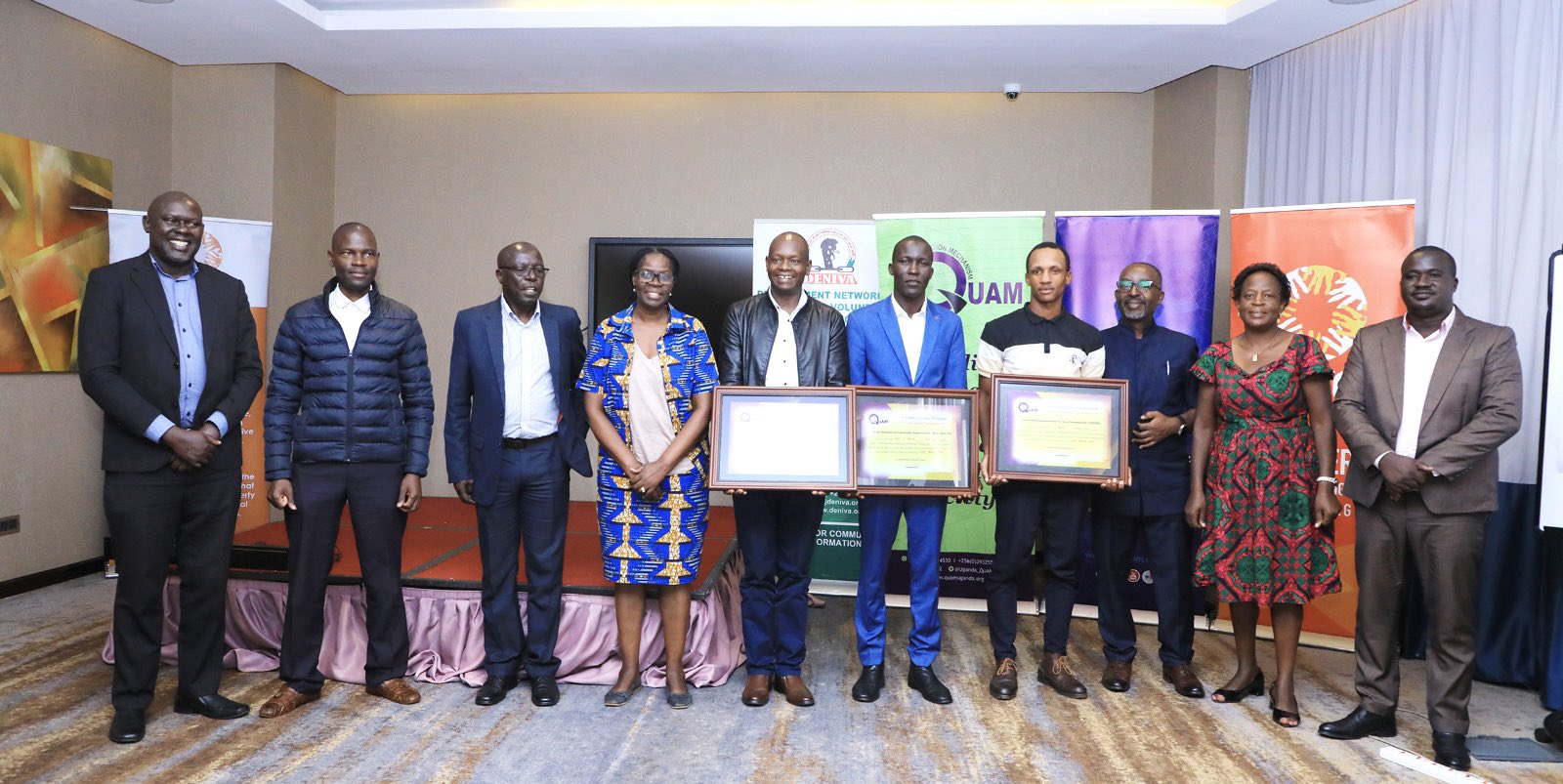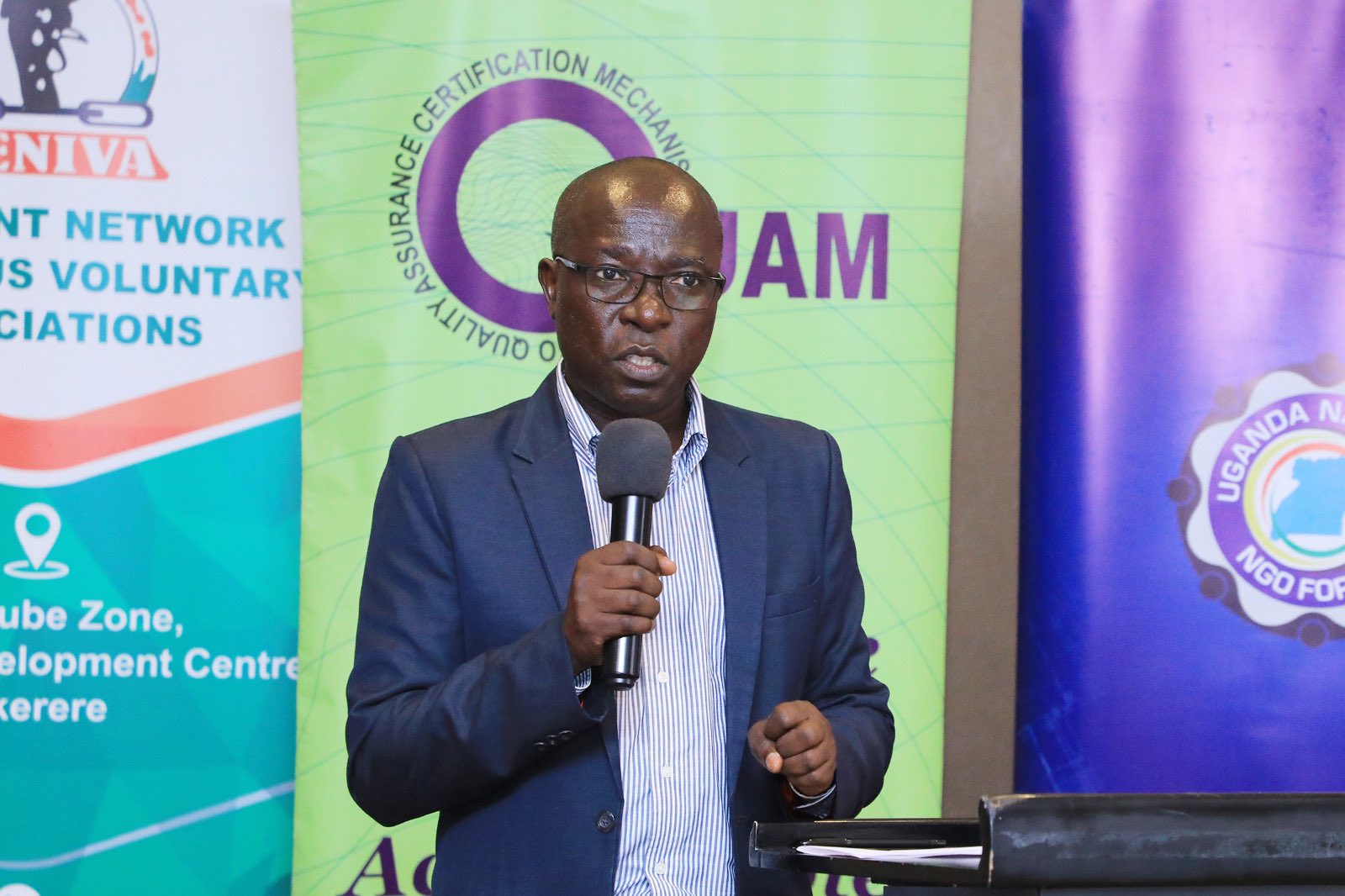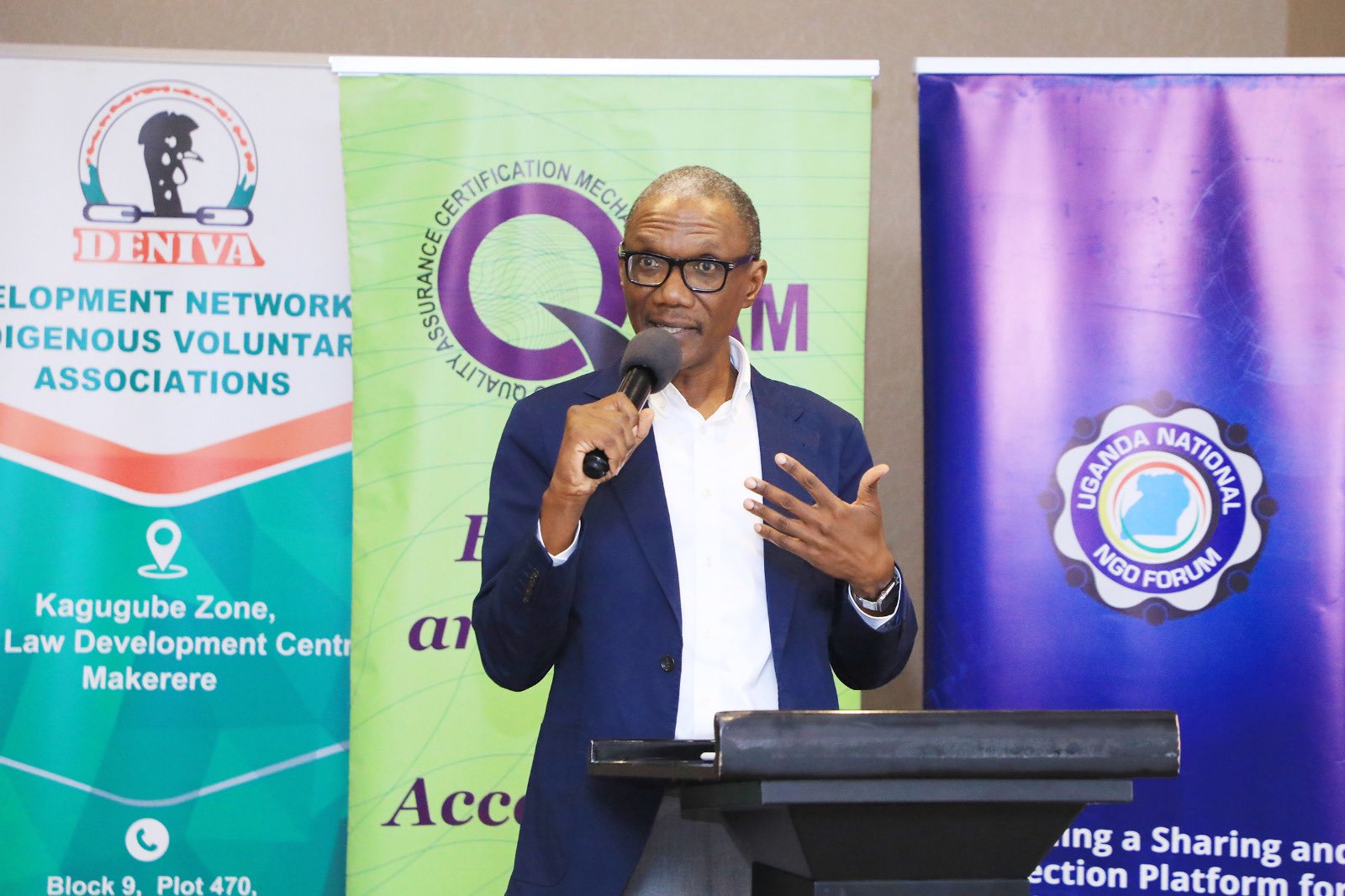
Changemakers Inspired to Embrace Collective Action
Collective action occurs when several people work together to achieve a common objective. However, it has long been recognised that individuals often fail to work together to achieve the common good. This mismatch can be blamed on the lack of joint appreciation of a problem at hand and the failure to have a shared vision. To respond to this challenge, UNNGOF and Change the Game Academy (CtGA) periodically conduct trainings to deepen CSOs’ understanding and appreciation of the value of collective action towards community development. This is done through the Mobilising Support training.
From 20th – 24th February 2023, a Mobilising Support training was organised for the Wilde Ganzen Partners in Uganda. This is part of our efforts to sharpen CSOs’ ability to get more support and commitment from stakeholders and duty-bearers to jointly address community issues.
Participants were enlightened on the approaches that would facilitate community mobilisation to enhance joint action towards community development, i.e. joint problem analysis, joint solution analysis, negotiation, principles and tactics of mobilising support, among others.
The training was fruitful, with participants deepening their knowledge of critical principles that can enhance their lobbying and advocacy efforts, as expressed below;
“Through this training, I learnt that the CLASP principles (Credibility, Legitimacy, Accountability, Service-Orientedness and Power base) are very key in mobilising support. However, we had never given these principles much emphasis because we didn’t understand them well. Following this training, we are going to incorporate them into our work.” – Musolooza Leonard, Board Member at Elizabeth Namaganda Foundation.
“We have been working alone because we didn’t appreciate the value of different stakeholders. But following this training, we now appreciate that different stakeholders play an important role depending on their level of influence and interest. We need to work more with local government and as well as other NGOs, something we have not been doing in the past.” – Wafula Joseph, Operations Manager, Biss Bakery.
“This was the first time I was hearing about the Mind-Map, problem tree, and CLASP concepts. And these are tools that any organisation needs in advocacy and mobilising support.” – Defender Tekaikwo, Program Assistant, Vijana Corps.
“We were not fully engaging different stakeholders, especially district leaders, because whenever they came, they wanted sitting allowances, and transport refunds, which we don’t have. But from the skills we have acquired here, I now know how to engage and convince them to work with us without facilitating them all the time; after all, they are doing work within their mandate.” – Akera Johnson Okella, Director, Laker Memorial Foundation, Kitgum District.
The Agenda 2030 for sustainable development (Goal 17) emphasises partnerships. UNNGOF and CtGA believe it is essential for state and non-state actors to work together to identify community challenges and develop a shared vision for their communities. The Mobilising Support Course is one of the vehicles through which actors can deepen their knowledge of the fundamental role of collective action in community development.
Click here to view more photos from the training: https://ngoforum.or.ug/gallery/2023/mobilising-support-training-wilde-ganzen-partners-uganda-20-24-february-2023
- Log in to post comments



